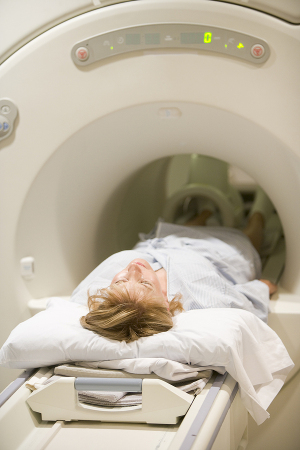COVID-19 screening delays 'likely' to create exponential rise in cancer cases
by
John R. Fischer, Senior Reporter | June 05, 2023

COVID-19 screening delays will likely lead to an exponentially higher number of cancer incidents in the next few years.
Over the next few years, providers are likely to see increased incidents of cancer, especially later stage cases, as a consequence of screening delays during the COVID-19 pandemic, according to new findings.
Researchers in Boston quantified missed diagnoses from groups of 1,707,395 lung; 2,200,505 breast; and 1,066,138 colorectal cancer patients using a predictive statistical model in one of the first studies to evaluate the rate of missed cancer diagnoses in the U.S. Compared to rates from 2010 to 2019, observed incidences in 2020 dropped by 18.1% for lung cancer; 14.6% for breast; and 18.6% for colorectal.
According to senior author Dr. Teviah Sachs, chief of the section of surgical oncology at Boston Medical Center, and first author Dr. Kelsey Romatoski, a general surgery resident at BMC, these decreases are more likely due to missed cancer diagnoses than decreasing incidence rates.
They warn that providers should be ready for a "potential tidal wave" of patients who missed getting diagnosed early, which will lead to treatment delays and upstaging of diseases in the coming years, as well as more costly treatments and interventions.
"We have to understand that there is likely to be a need for more physicians, more staff, and more ancillary services to take care of these patients as they come to seek care. What we can do now, though, is work as hard as we can to screen patients who are eligible and to do so as quickly and efficiently as possible," they told HCB News.
They and their colleagues used data from the the National Cancer Database, which collects information on more than 70% of all U.S. cancer cases, into their model, adjusting for cancer cases not included in the database by standardizing data with U.S. census information.
Missed diagnoses were disproportionate among certain sociodemographic populations, including non-White and Hispanic patients, as well as those treated within the Northwest and Western regions of the U.S.
Sachs and Romatoski say patients should talk to their primary care physicians about recommended cancer screenings.
The findings were published in the Journal of the American College of Surgeons (JACS).
|
|
|
You Must Be Logged In To Post A Comment
|
